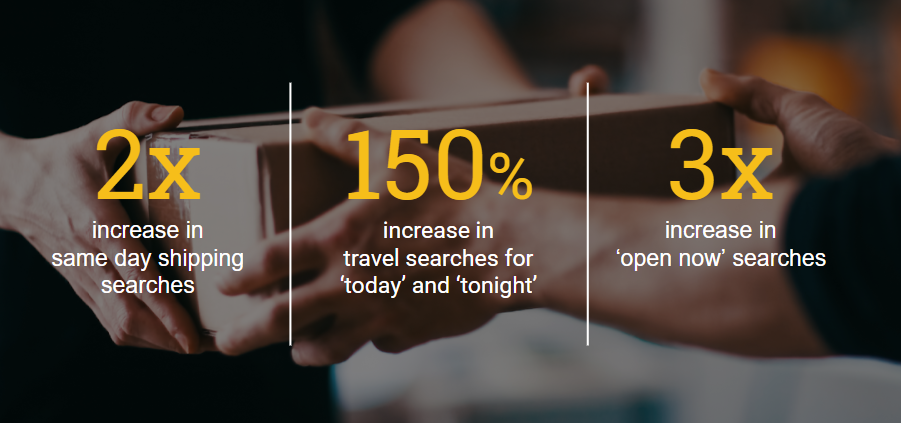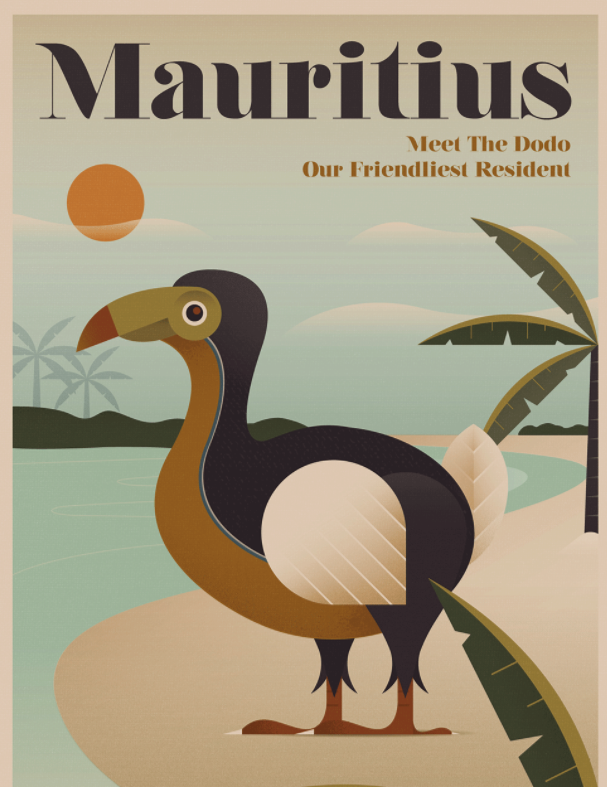On February 22nd, leading digital media agency Brainlabs hosted the latest in its series of PPC Chat Live events at its London HQ.
With speakers from Google, Verve Search, and of course from Brainlabs too, there were plenty of talking points to consider and digest. In this article, we recap the highlights from an enlightening event.
The theme for this edition of PPC Chat Live was ‘the state of search’, with the focus squarely on the trends set to shape the industry in 2018 and beyond. The speakers delivered a wide variety of presentations that reflected on the industry’s beginnings, not just for nostalgia’s sake but also to illuminate the future too.
Brainlabs has carved out a position as an innovative, data-driven search agency and this tone was carried through the evening, all ably assisted by Pepper the robot receptionist.

Although paid search took up the majority of air time, there was still plentiful room for ruminations on the evolving role of SEO and what the nature of search tells us about the modern consumer.
Digital assistants: empowering or simply enabling?
Peter Giles from Google opened the evening with a thought-provoking talk on the impact of new technologies on the way people find information.
Peter noted that the increased accuracy of voice-enabled digital assistants has led to a range of changes in consumer behavior. Some of these could be seen as empowering, while others perhaps play only to our innate laziness and desire for a friction-free life.
There were three core behavioral trends noted within this session:
Increased curiosity
Because people have access to an unprecedented amount of information, they are more inclined to ask questions. When the answers are always close to hand, this is an understandable development.
Google has seen some interesting trends over the past two years, including an increase of 150% in search volume for [best umbrellas]. What was once a simple purchase is now subject to a more discerning research process.

Higher expectations
Although there is initial resistance to some technologies that fundamentally change how we live, once we are accustomed to them we quickly start to expect more. In 2015, Google reported that it had seen a 37x increase in the number of searches including the phrase “near me”.
Consumers now expect their device to know this intent implicitly and Peter revealed that the growth in “near me” phrases has slowed considerably.
Decreased patience
As expectations grow, patience levels decrease. In fact, there has been an increase of over 200% in searches containing the phrase “open now” since 2015 in the US. Meanwhile, consumers are coming to expect same-day delivery as standard in major metropolitan areas.

Throughout all of these changes, Peter Giles made clear that brands need to focus on being the most helpful, available option for their target audience. By honing in on these areas, the ways in which consumers access the information are not so important.
The more significant factor is making this information easy to locate and to surface, whether through search engines, social networks, or digital assistants.
The past, present, and future of PPC and SEO
Brainlabs’ exec chair Jim Brigden reflected on the history of the paid search industry, going back to the early 2000’s when most brands were skeptical of the fledgling ad format’s potential.
In fact, only £5 million was spent on paid search in the UK as recently as 2001. The industry’s growth, projected to exceed $100 billion globally this year, should also give us reason to pause and consider what will happen next. The pace of change is increasing, so marketers need to be able to adapt to new realities all the time.
Jim Brigden’s advice to budding search marketers was to absorb as much new knowledge as possible and remain open to new opportunities, rather than trying to position oneself based on speculation around future trends. Many marketers have specialized in search for well over a decade and, while the industry may have changed dramatically in that time, its core elements remain largely intact.
This was a topic touched on by Lisa Myers of Verve Search too, when discussing organic search. For many years, we have discussed the role (and even potential demise) of SEO, as Google moves to foreground paid search to an ever greater degree.
Myers’ presentation showcased just how much the SEO industry has changed, from link buying to infographics, through to the modern approach that has as much in common with a creative agency as it does with a web development team.
Just one highlight from the team at Verve Search, carried out in collaboration with their client Expedia, was the Unknown Tourism campaign. Comprised of a range of digital posters, the campaign commemorates animals that have been lost from some of the world’s most popular tourist spots.

Such was the popularity of the campaign, one fan created a package for The Sims video game to make it possible to pin the posters on their computer-generated walls. Verve has received almost endless requests to create and sell the posters, too.
This isn’t what most people think of when they think of SEO, but it is a perfect example of how creative campaigns can drive performance. For Expedia, Verve has achieved an average increase in visibility of 54% across all international markets.
The core lesson we can take away here from both Jim Brigden and Lisa Myers is that the medium of search remains hugely popular and there is therefore a need for brands to try and stand out to get to the top. The means of doing so may change, but the underlying concepts and objectives remain the same.
The predictable nature of people
For the final part of the evening, Jim Brigden was joined by Dan Gilbert, CEO of Brainlabs and the third most influential person in digital, according to Econsultancy.
Dan shared his sophisticated and elucidative perspective on the search industry, which is inextricably linked to the intrinsic nature of people.
A variety of studies have shown that people’s behavioral patterns are almost entirely predictable, with one paper noting that “Spontaneous individuals are largely absent from the population. Despite the significant differences in travel patterns, we found that most people are equally predictable.”
As irrational and unique as we would like to think we are, most of our actions can be reduced to mathematical equations.
That matters for search, when we consider the current state of the industry.
After all, companies like Google excel at creating rational systems, such as the machine learning algorithms that continue to grow in prominence across its product suite.
As Dan Gilbert stated, this gives good cause to believe that the nature of search will be fundamentally different in the future.
Our digital assistants will have little reason to offer us a choice, if they already know what we want next.
That choice is the hallmark of the search industry, but Gilbert sees no reason to create a monetizable tension where no tension needs to exist.
Google’s focus has always been on getting the product right and figuring out the commercial aspect once users are on board and this seems likely to be the approach with voice-enabled assistants.

In fact, the technology is already available to preempt these decisions and start serving consumers content and products before they even know they want to receive them. The field of predictive analytics has evolved significantly over the last few years and the capability to model out future behavioral trends is already in use for companies like Netflix and Amazon.
The inflection point for this technology is dependent on people’s readiness to accept such a level of intrusion in their daily lives, rather than any innate technological shortcomings.
History suggests that, while a certain initial resistance is to be expected, ultimately we will grow accustomed to this assimilation of technology into our lives. And, soon after, we will grow impatient with any limitations we encounter.
That will create a seismic shift in how the search industry operates, but it will open up new and more innovative ways to connect consumers with brands.




